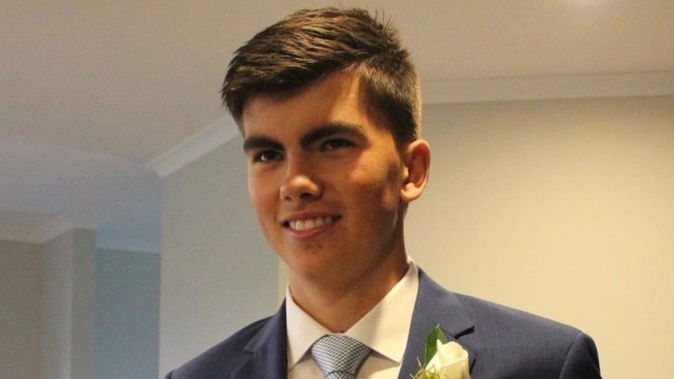
Better messaging and training is needed for the public and staff at mental health services, according to a coroner’s report into the death of a 23-year-old from Canterbury.
Scott McDermott died in September 2023 after a long battle with mental health.
Before his death, he had contacted services Lifeline and 1737 for help several times, but the coroner has recommended that “clear public messaging is required to ensure that members of the public and referring agencies understand that services such as 1737 and Lifeline are intended to provide support to people with mild to moderate mental health issues”.
They also said people who experienced a high or imminent level of risk should call 111 or contact the local crisis service.
In October 2019, McDermott was diagnosed with severe depression and had “a number of incidents of suicidal behaviour or ideation” in late 2019 and early 2020.
He was prescribed anti-depressants in January 2021 but an event at work caused his mental state to decline in 2023, said the coroner.
McDermott had made contact with 1737 and Lifeline, both providing him with advice to reduce his level of risk.
However, on several occasions his attempts to contact 1737 received no immediate response because of high demand.
The coroner also said McDermott raised concerns to Lifeline about delays in response time.
The coroner recommended 1737 should “provide training to all staff on its policies on assessment of risk and escalation to supervisors where a high level of risk exists”, while Lifeline “should carry out a review of Mr McDermott’s contact with their service to define the issues in dealing with text messages and vague responses to train staff and make appropriate changes to its procedures”.
In response, Whakarongorau Aotearoa, which runs 1737, said its service was set up to “support people experiencing mild to moderate issues, not acute distress requiring immediate assistance”.
It said McDermott presented a high risk but efforts to de-escalate and establish a safety plan were unsuccessful, while “a shift supervisor should have been engaged to contact the police”.
“Whakarongorau Aotearoa carried out a quality review of the services provided to Mr McDermott. This resulted in further training and systems improvements.”
Lifeline said there are lessons from this case about engaging with people who communicate by text and training for its staff on exploring vague conversations.
SUICIDE AND DEPRESSION
Where to get help:
- Lifeline: Call 0800 543 354 or text 4357 (HELP) (available 24/7)
- Suicide Crisis Helpline: Call 0508 828 865 (0508 TAUTOKO) (available 24/7)
- Youth services: (06) 3555 906
- Youthline: Call 0800 376 633 or text 234
- What’s Up: Call 0800 942 8787 (11am to 11pm) or webchat (11am to 10.30pm)
- Depression helpline: Call 0800 111 757 or text 4202 (available 24/7)
- Aoake te Rā – Free, brief therapeutic support service for those bereaved by suicide. Call 0800 000 053.
- Helpline: Need to talk? Call or text 1737
If it is an emergency and you feel like you or someone else is at risk, call 111
Take your Radio, Podcasts and Music with you









